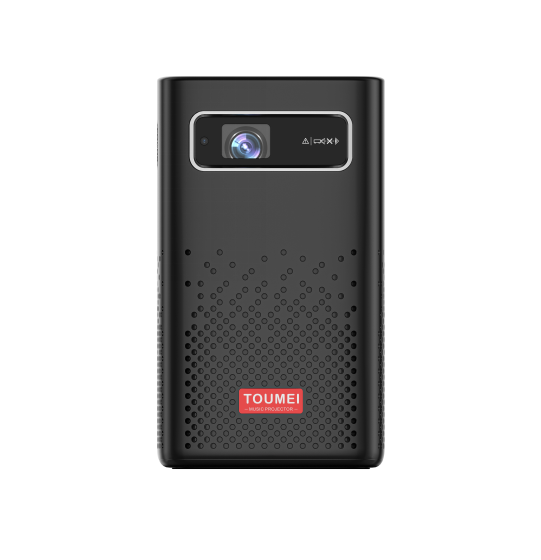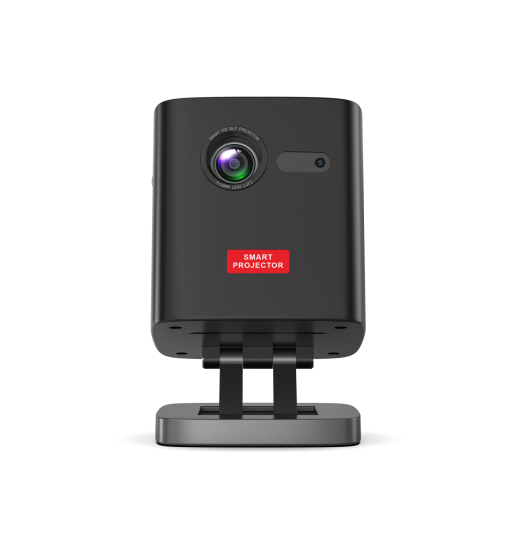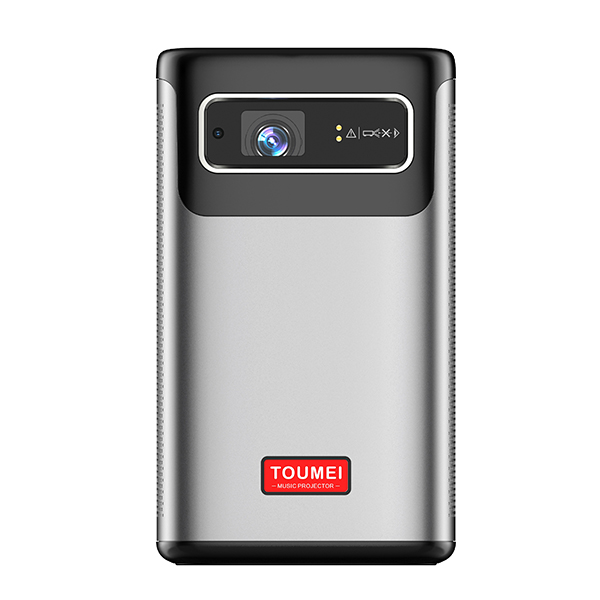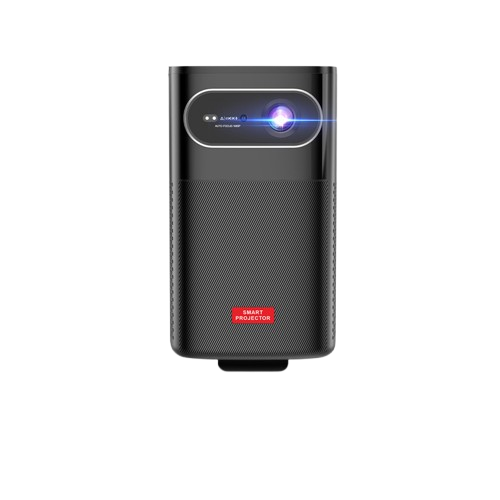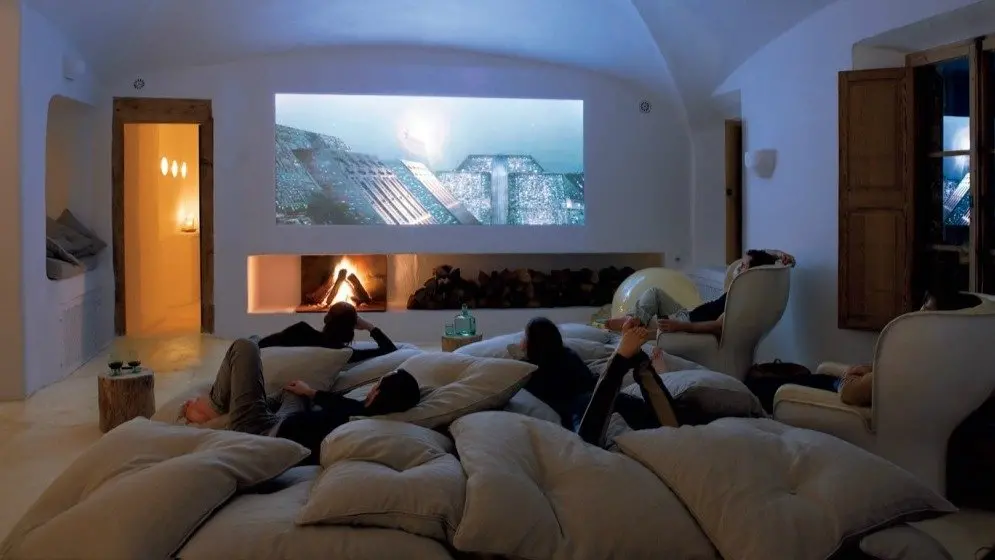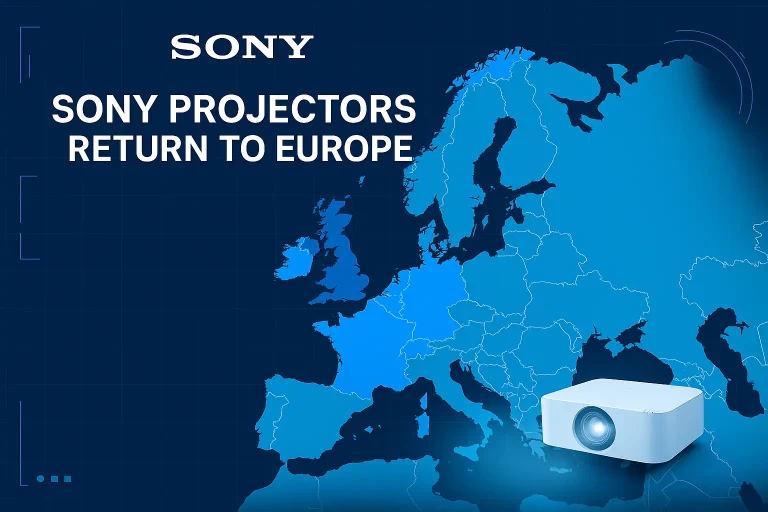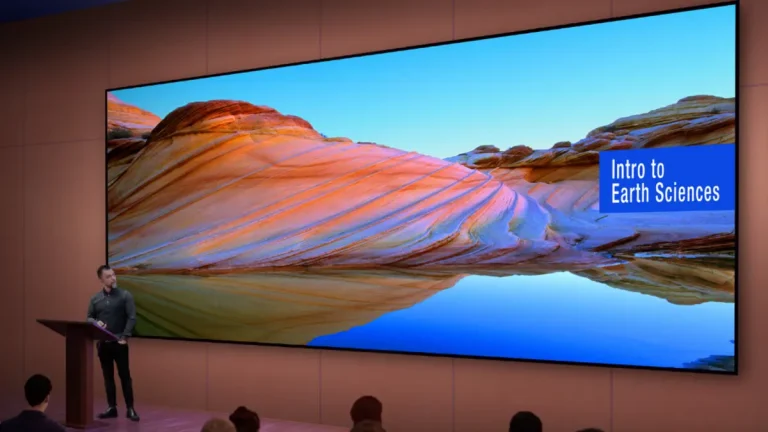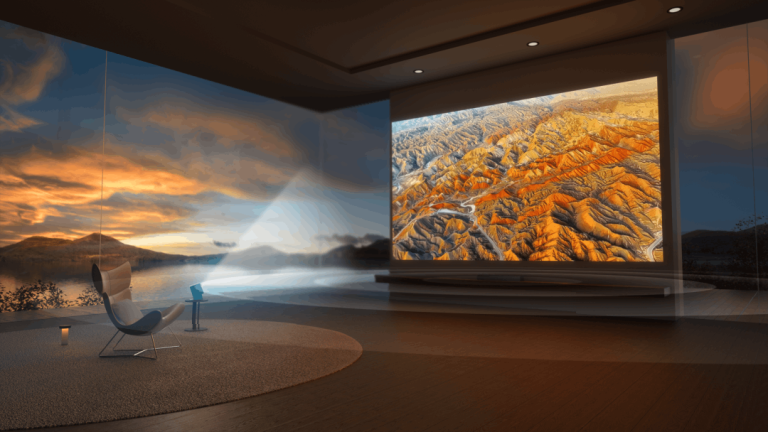Looking for a big-screen cinematic experience without a bulky TV? A home projector can turn your living room into a personal movie theater. Whether you’re binge-watching shows, gaming, or hosting a movie night, projectors offer immersive visuals that a standard TV simply can’t match.
Why Choose a Projector Over a Large TV?
You might wonder: Why buy a projector when I can get a big TV?
While TVs offer sharp images and work well in bright rooms, they come with limitations. Most TVs max out at around 80 inches. Projectors, on the other hand, can display 100, 120, even 150 inches effortlessly, with less cost and hassle.
Modern 4K projectors, especially ultra-short-throw models, can deliver stunning visuals from just inches away — ideal for small rooms or apartments.
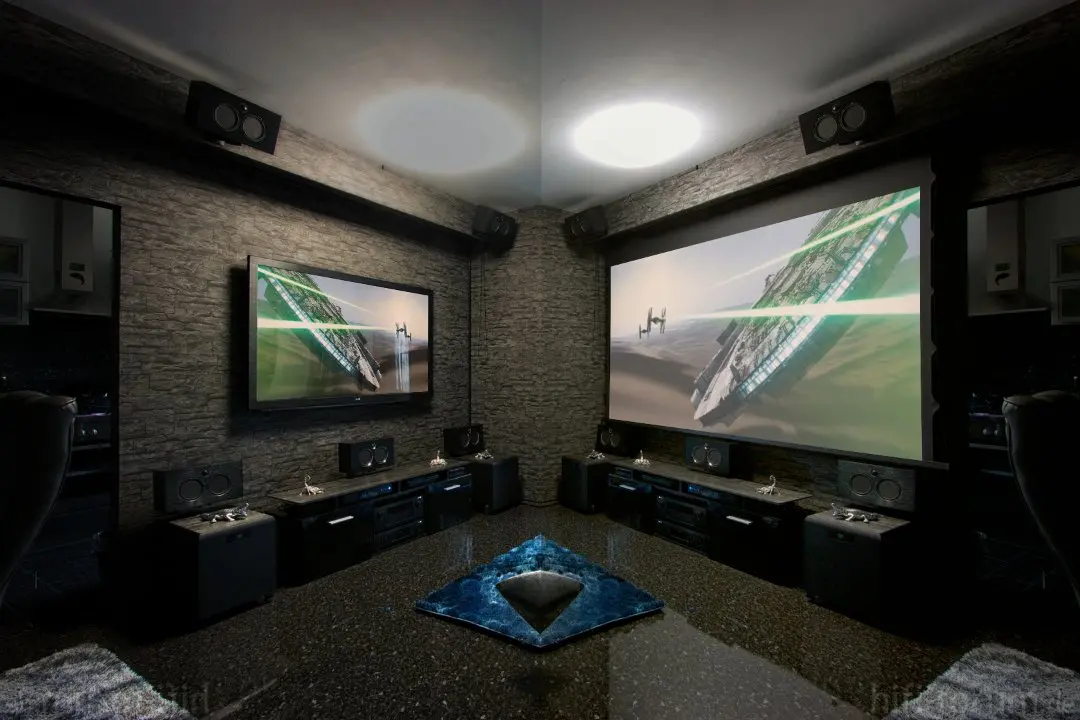
Types of Projectors
DLP (Digital Light Processing)
- Compact and lightweight
- Sharp images, great contrast
- Budget-friendly, ideal for casual use
3LCD
- Uses three LCD panels (RGB)
- Accurate color reproduction
- Quiet operation, suited for classrooms or bright rooms
LCoS (Liquid Crystal on Silicon)
- Combines DLP and LCD advantages
- Exceptional contrast and color depth
- More expensive, higher maintenance
Key Factors to Consider
1. Brand Reputation
Trusted brands ensure better build quality, customer service, and warranty. Recommended brands include: BenQ, Optoma, Epson, Sony, XGIMI, Toumei.
2. Brightness (Lumens)
Choose brightness based on your room lighting. 1,000–2,500 lumens is fine for dark rooms. For daylight viewing or larger screens, go for 3,000+ lumens.
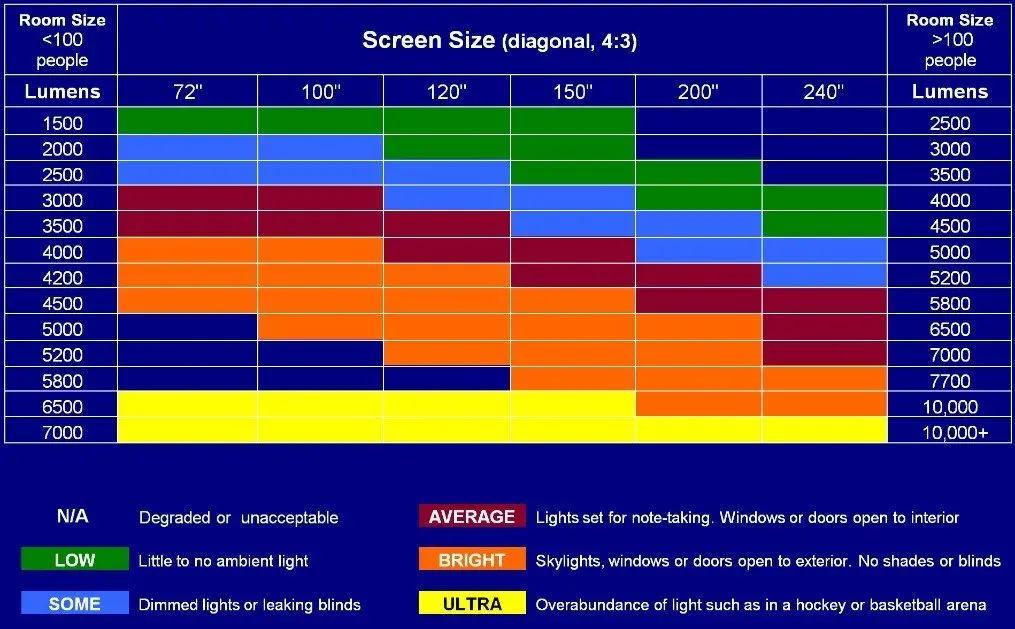
3. Resolution
1080p (Full HD) is the minimum for a sharp image. 4K projectors offer higher clarity, especially on screens larger than 120 inches.
4. Aspect Ratio
16:9 is standard for home entertainment, while 4:3 is better suited for presentations. Mismatched aspect ratios can cause black bars on screen.
5. Throw Ratio
Defines the projector distance needed to fill your screen:
- Standard Throw (1.2:1) – requires 8+ feet
- Short Throw (~0.4:1) – great for 3–8 feet setups
- Ultra Short Throw – can project 100″ from under 3 feet
6. Contrast Ratio
Higher contrast gives better depth and image clarity. Note: contrast ratio metrics vary between brands, so it’s best to compare in-person if possible.
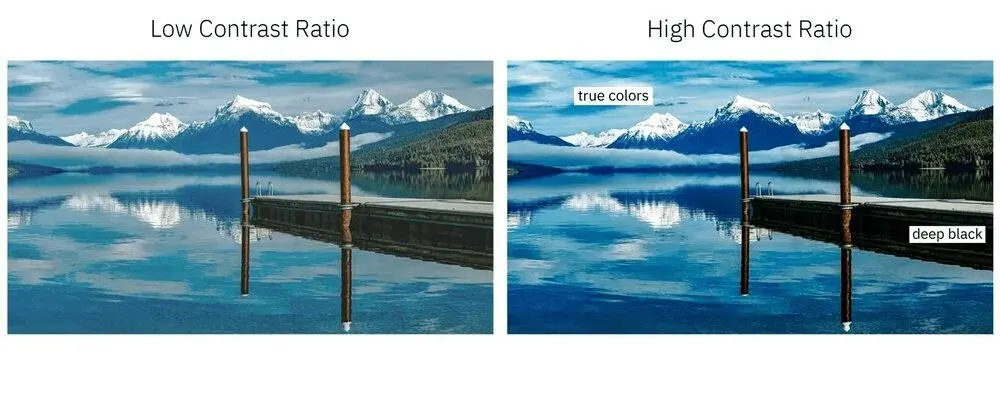
7. Accessories
Using a dedicated projector screen improves image quality. Most budget projectors lack quality audio — pair with external speakers for a better experience.
Projector Type Comparison Table
| Feature | DLP | 3LCD | LCoS |
|---|---|---|---|
| Image Quality | Sharp, high contrast | Accurate colors | Best overall, premium level |
| Brightness | Moderate | High | High |
| Noise Level | Medium | Low | Low |
| Price Range | 150$ – 1500$ | 400$ – 2000$ | 2,000 $- 6,000$ |
| Best For | Everyday use, gaming | Classrooms, offices | High-end home theaters |
Frequently Asked Questions
What is the best resolution for a home projector?
At minimum, choose 1080p. For larger screens or better clarity, opt for 4K.
Do I need a projector screen?
No, but it helps. A screen improves image brightness, contrast, and sharpness compared to a wall.
How many lumens do I need for daylight viewing?
Look for a projector with at least 3,000 lumens, especially if you can’t darken the room.
What’s the difference between short throw and long throw projectors?
Short throw projectors can display large images from a short distance, while long throw models need more space but work well in large rooms.
Can I use a projector instead of a TV?
Yes. Many people use projectors daily for TV, movies, and games. Make sure your projector has enough brightness and good audio support.
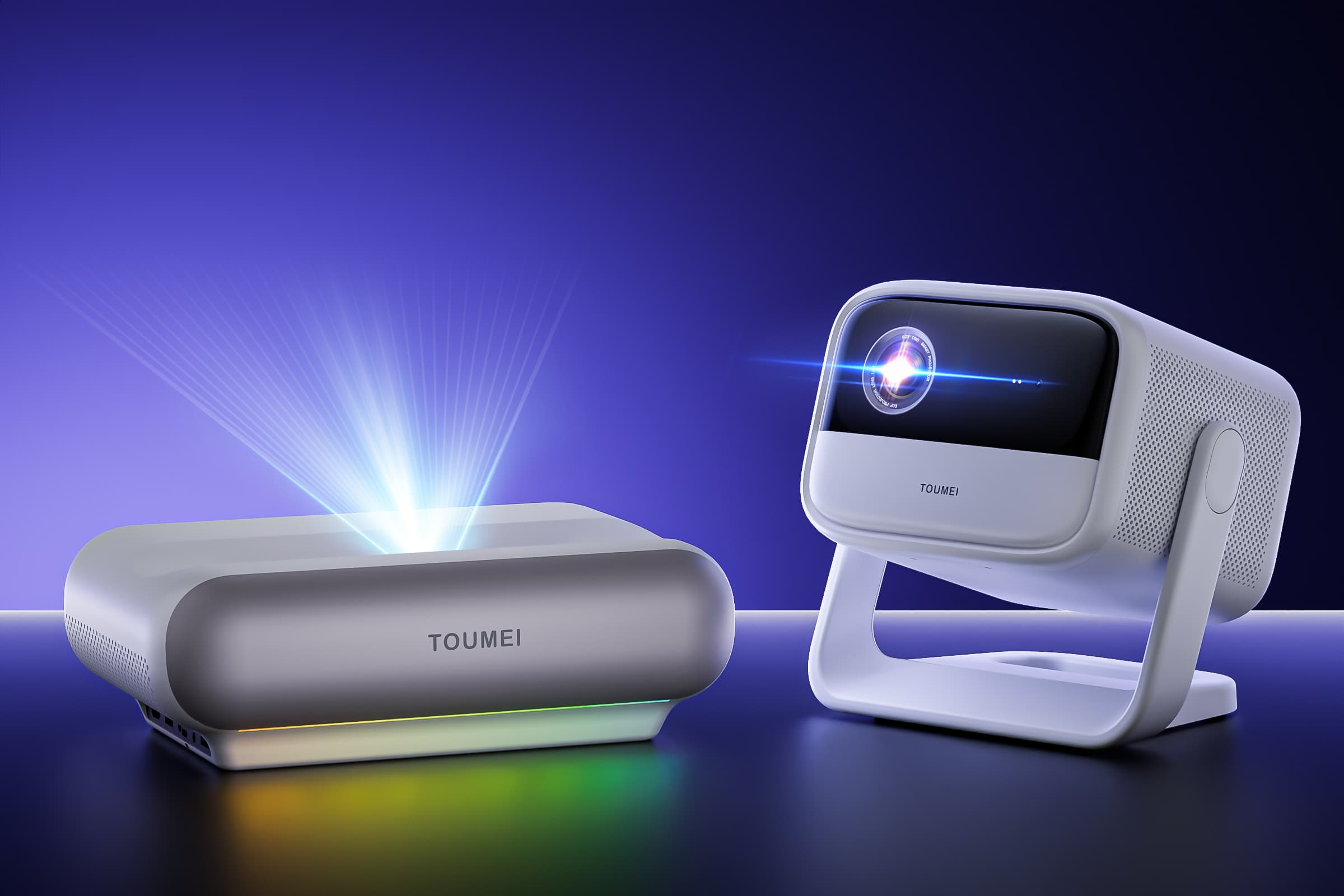
Conclusion
Projectors provide a flexible, immersive, and space-saving alternative to traditional TVs. Whether you’re setting up a home cinema or want a bigger screen for less money, there’s a projector out there for your needs.
To recap, consider:
- Resolution and brightness for your room size
- Throw ratio based on your space layout
- Brand reputation and service
This 2025 projector buying guide aims to help you make an informed decision, whether you’re searching for the best budget projector, a 4K short throw projector, or exploring the difference between DLP vs 3LCD.

